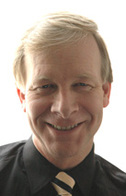
Music competitions – specifically, piano competitions – are Alink’s passion. For years he has scrutinized competitors, tabulated results and analyzed trends. And some years ago, he talked Martha Argerich into lending her name to his “Argerich-Alink Foundation,” which provides information and advice to both competitors and competitions.
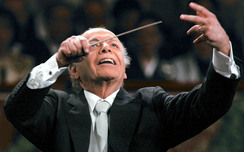
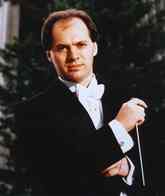

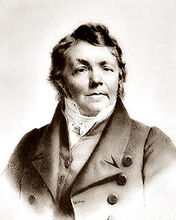
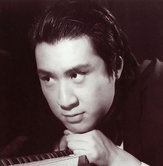

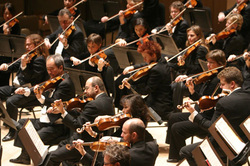
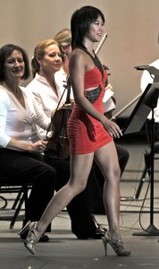
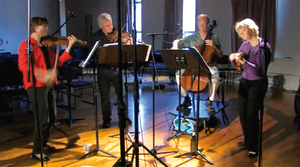
 RSS Feed
RSS Feed

